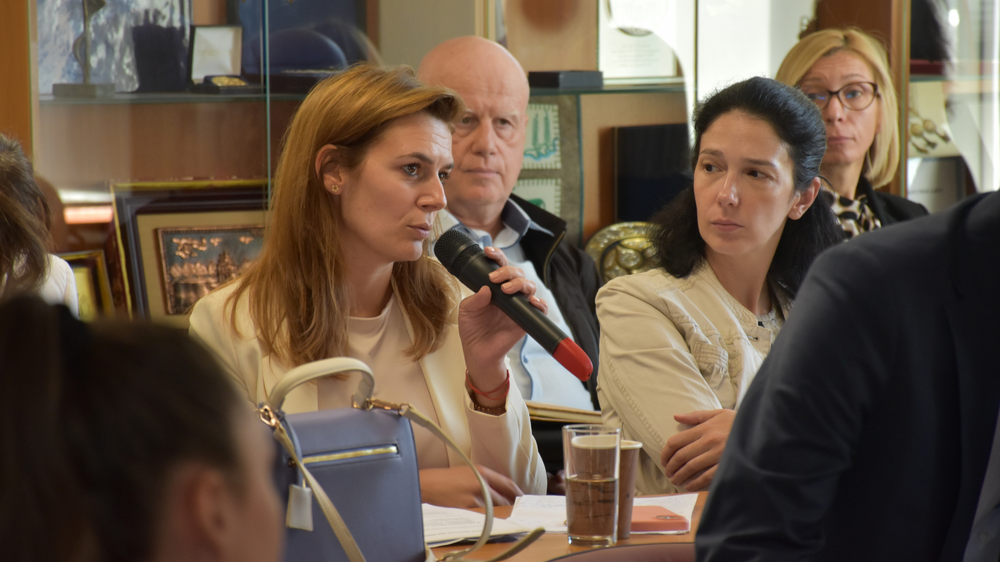site.btaChildren’s Justice at a Crossroads: Institutions and Experts Unite to Protect Children’s Rights


Children should never face the system alone. In Bulgaria, as in other European countries, minors—whether victims, witnesses, or perpetrators of antisocial behaviour—often encounter cumbersome procedures, lack of coordination, and risks of repeated victimization and stigmatization. In response to these challenges, the Centre for the Study of Democracy (CSD), in partnership with the Krastyu Tonchev Centre for Lawyer Training, organized a roundtable titled “Rights and Support for Children in Contact with the Law”, CSD reported on Wednesday.
The event brought together leading institutions, magistrates, lawyers, representatives from NGOs, and international experts. Participants discussed the need for an integrated and preventative approach to minimize children’s contact with the criminal justice system and to ensure that every response is guided by the principle of the “best interests of the child.” Among the attendees were the Bulgarian Ombudsman, Velislava Delcheva, and Deputy Minister of Justice Mihaela Mechkounova, who outlined priorities for building a more humane and effective juvenile justice system.
“Children under 14 should be regarded as children at risk, not as subjects of criminalization,” stated Ombudsman Delcheva.
Deputy Minister Mechkounova noted that there is political consensus on new legislative measures but warned that the process requires careful consideration and steps grounded in practice. She highlighted the importance of specialized judicial panels, while emphasizing that where such specialization is not feasible, training and capacity building can yield real results.
Discussions within the two expert panels identified key problems and solutions, including protection against harmful media coverage and mandatory anonymization, limiting unnecessary contact between children and the judicial system through improved institutional coordination, applying international models such as Barnahus, and strengthening protection for unaccompanied refugee children.
At the conclusion of the forum, participants agreed on several concrete steps. They stressed the need to introduce educational standards for all professionals working with children in contact with the law and called for wider use and funding of “blue rooms” and other child-friendly spaces. They highlighted the necessity of introducing clear and mandatory rules for media anonymization when minors are involved, as well as the importance of regular specialized training for judges, prosecutors, and lawyers. According to the group, effective protection of children can only be achieved through enhanced coordination between institutions, ensuring early prevention and more sustainable social support.
/RY/
news.modal.header
news.modal.text